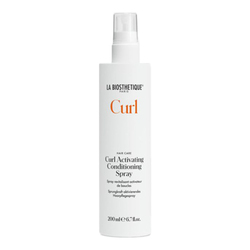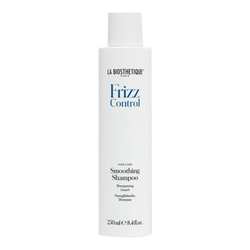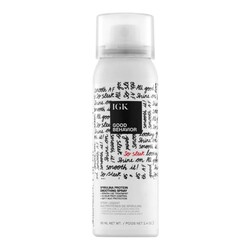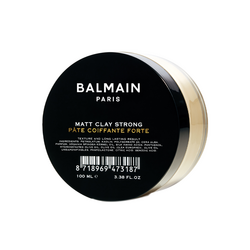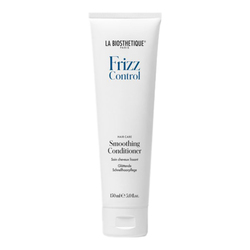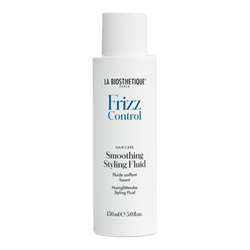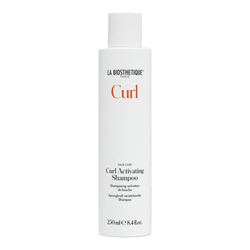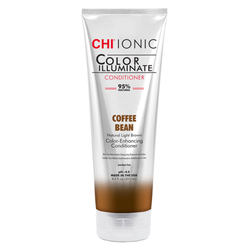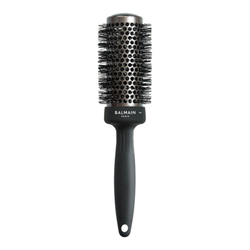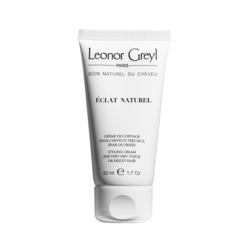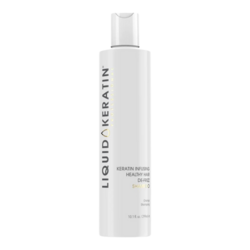Frizzy Hair
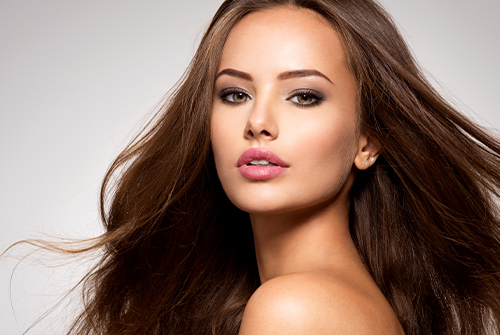
Posted By Edge
| Frizzy hair is one of the most frustrating things on the planet. You spend hours styling, only to have your hair frizz up in the middle of a windy day. While we can't stop the wind from blowing, we can help you fight frizzy hair. What Is Frizzy Hair? Frizzy hair happens when the cuticle layer—the outermost layer of your hair shaft—is raised up from the rest of your hair. This makes it look like there are mini-hairs all over the surface of your strands. It can also result in a tangled mess that's impossible to brush through. If your hair is frizzy, it means that there are too many split ends on the surface of the hair. These split ends create a rough texture in your hair and cause it to be dry and brittle. If you want to know how to tell if your hair is frizzy, look at the tips of your strands. If they are split or damaged, then you are experiencing frizziness. What Causes Frizzy Hair? Frizziness occurs when the cuticle of each strand of hair becomes lifted from its follicle. This causes each strand to rub against itself and other strands as it moves through the air—which causes friction and results in frizziness. The reasons why this happens vary by person, but here are some common causes:
Conclusion If you have frizzy hair, you know how frustrating it can be to try and tame those pesky flyaways. Frizz comes from a combination of moisture and humidity in the air and a lack of conditioning. If your hair is naturally curly or wavy, you've likely battled with frizzy locks at some point. However, this doesn't mean you're out of options. There are many ways to combat frizz and make your damaged hair healthier. |
RECOMMENDED FOR YOU
<
>
La Biosthetique
La Biosthetique CURL Activating Conditioning Spray, 200ml/6.76 fl oz
C$ 43.00
La Biosthetique
La Biosthetique Frizz Control Smoothing Shampoo, 250ml/8.4 fl oz
C$ 45.00
IGK Hair
IGK Hair Good Behavior Spirulina Protein Smoothing, 166ml/5.6 fl oz
C$ 23.90
BALMAIN Paris Hair Couture
BALMAIN Paris Hair Couture Matte Clay Strong, 100ml/3.4 fl oz
C$ 87.00
La Biosthetique
La Biosthetique Frizz Control Smoothing Conditioner, 150ml/5.07 fl oz
C$ 46.00
La Biosthetique
La Biosthetique Frizz Control Smoothing Styling Fluid, 150ml/5.07 fl oz
C$ 44.00
Matrix
Matrix Mega Sleek Blow Down, 150ml/5.07 fl oz
C$ 32.40
La Biosthetique
La Biosthetique CURL Activating Shampoo, 250ml/8.45 fl oz
C$ 45.00
CHI
CHI Ionic Color Illuminate Conditioner - Coffee Bean, 251ml/8.5 fl oz
C$ 29.25
BALMAIN Paris Hair Couture
BALMAIN Paris Hair Couture Ceramic Round Brush 43mm, 1 piece
C$ 106.00
Leonor Greyl
Leonor Greyl Eclat Naturel Nourishing Styling Cream, 50ml/1.7 fl oz
C$ 68.00
Liquid Keratin
Liquid Keratin Keratin Infusing Healthy Hair De-Frizz Shampoo, 299ml/10 fl oz
C$ 43.95






